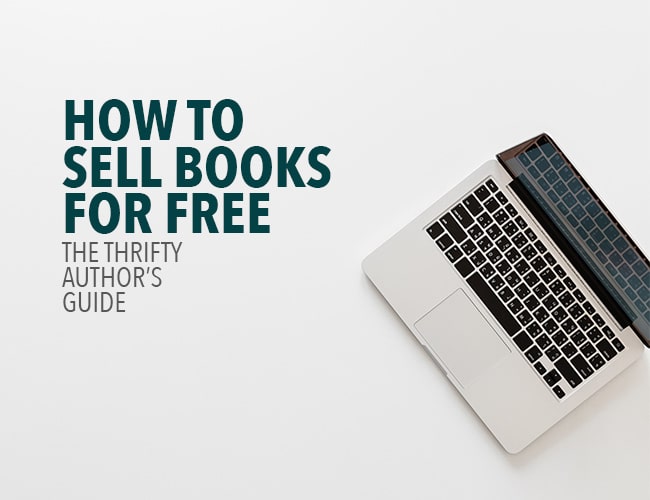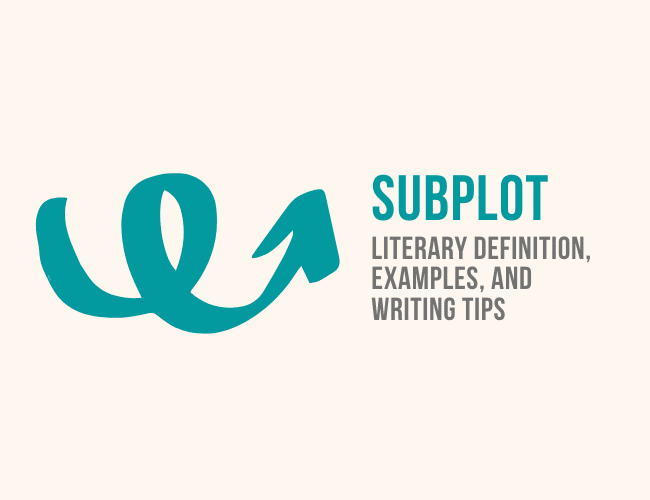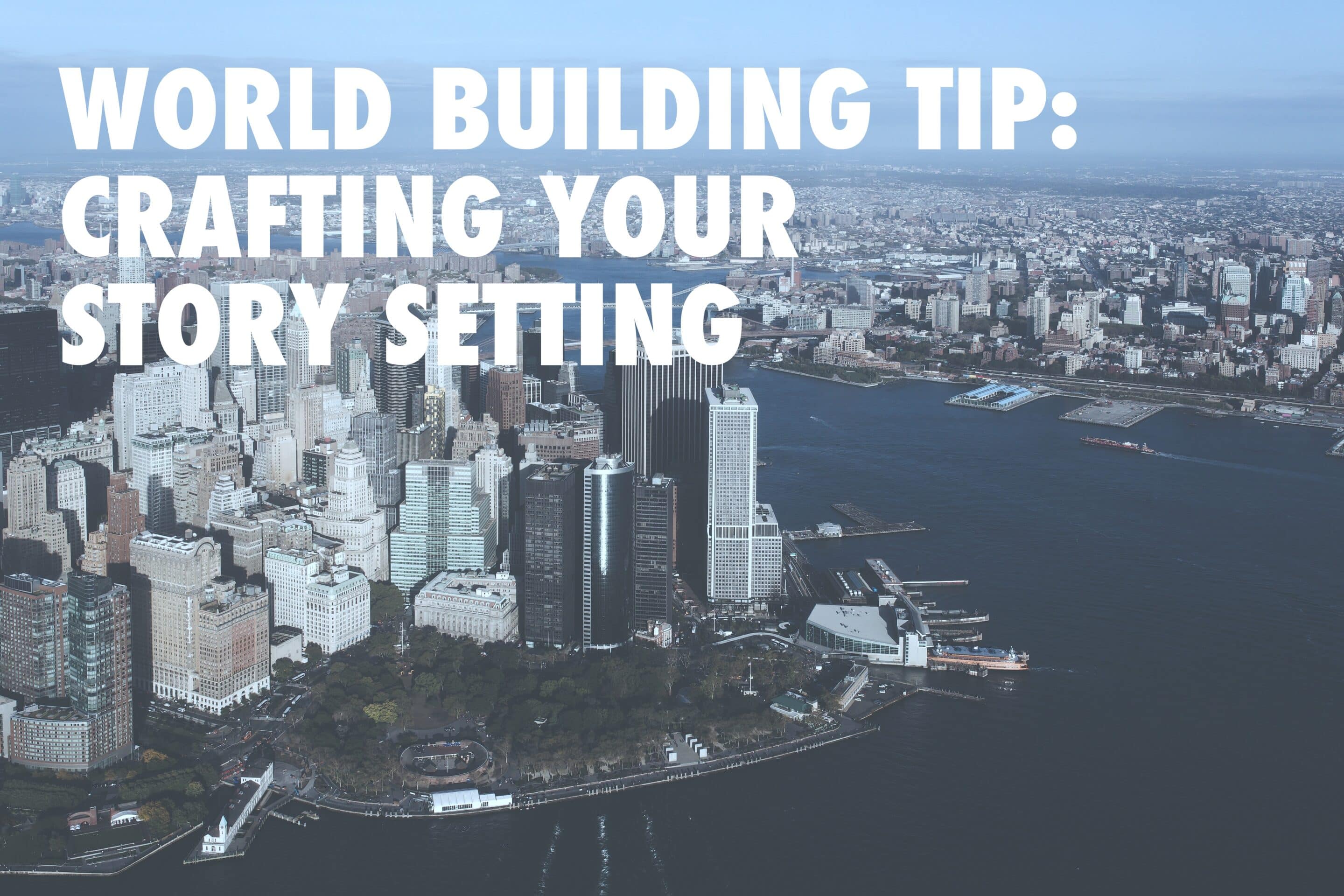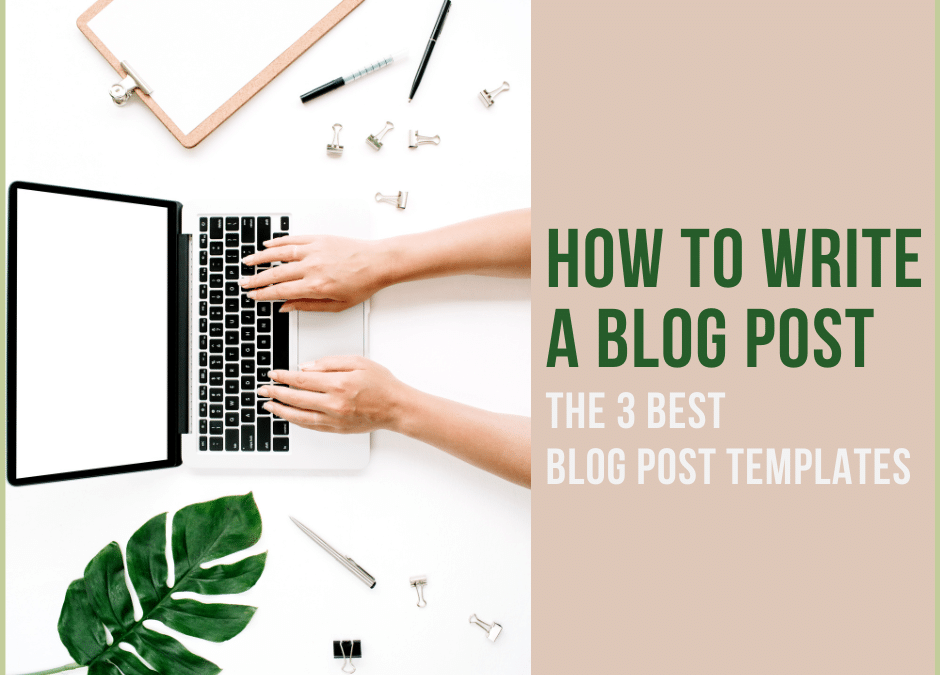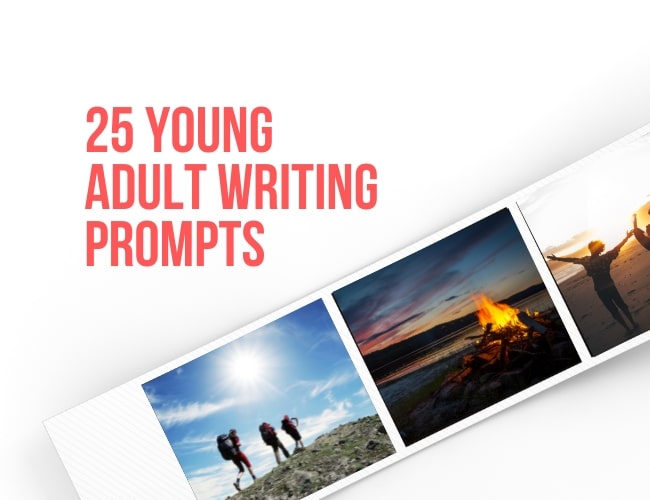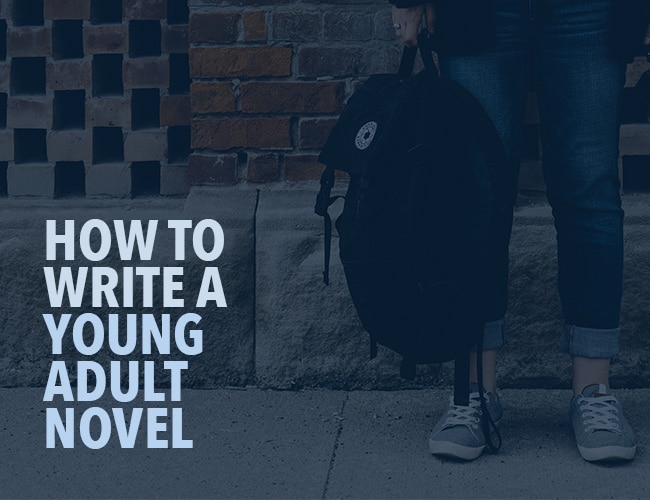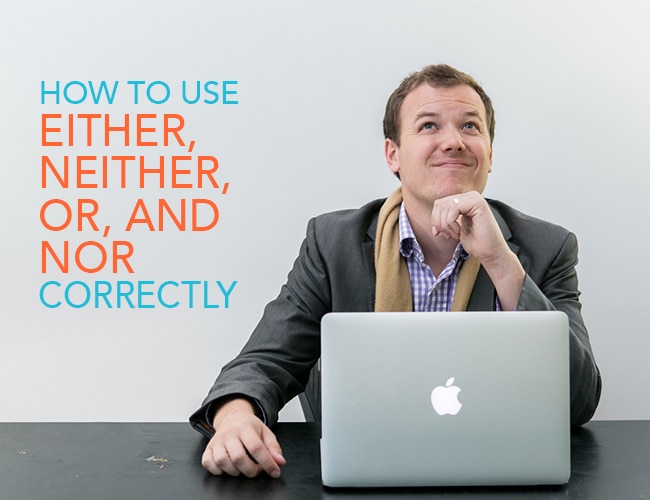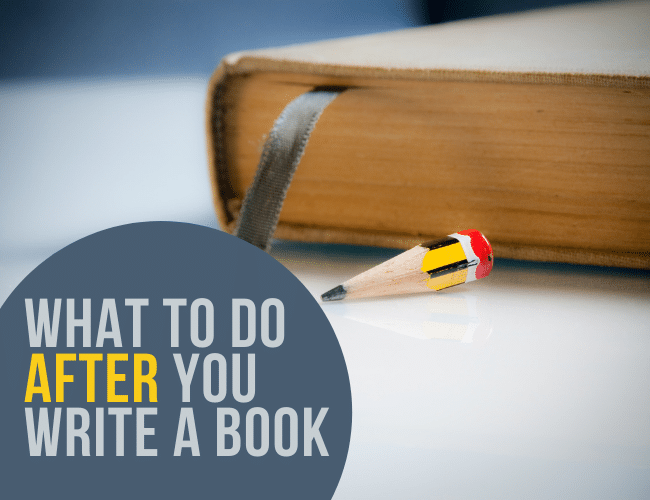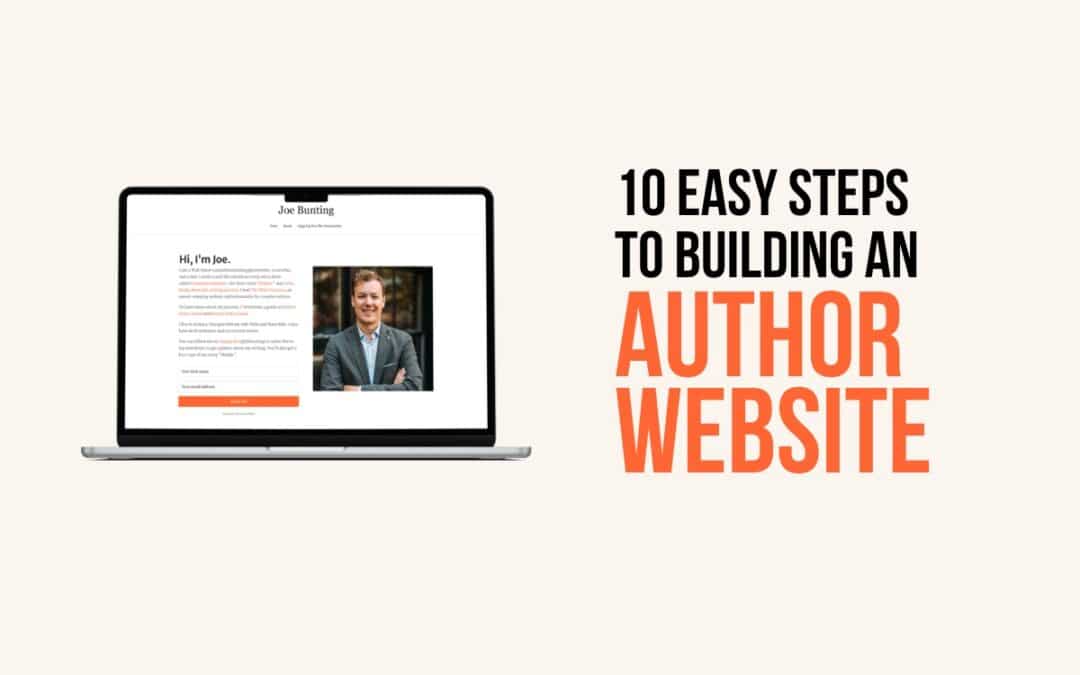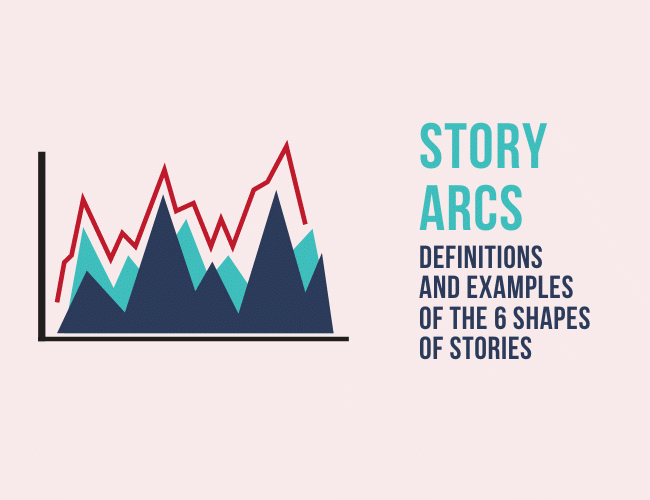It’s your dream to publish and sell a book. Thankfully, there’s never been a better time to do it, as all the tools you could possibly require are at your fingertips. And the best news is that many of them don’t cost a penny, allowing you to publish, market, and sell your book for free! All you have to do is figure out how to sell books.
Of course, what you don’t pay in cash you will be paying in gumption. As with any publishing route, there are pros and cons to using mostly free resources, and I’ll illustrate those as we go so hopefully you can avoid some of the mistakes I made in my own free publishing journey.
